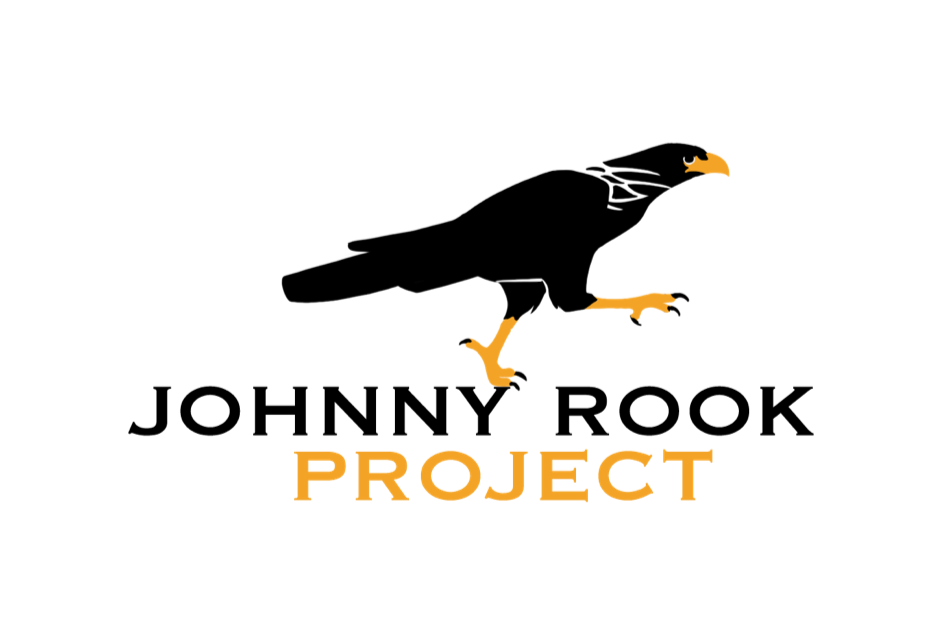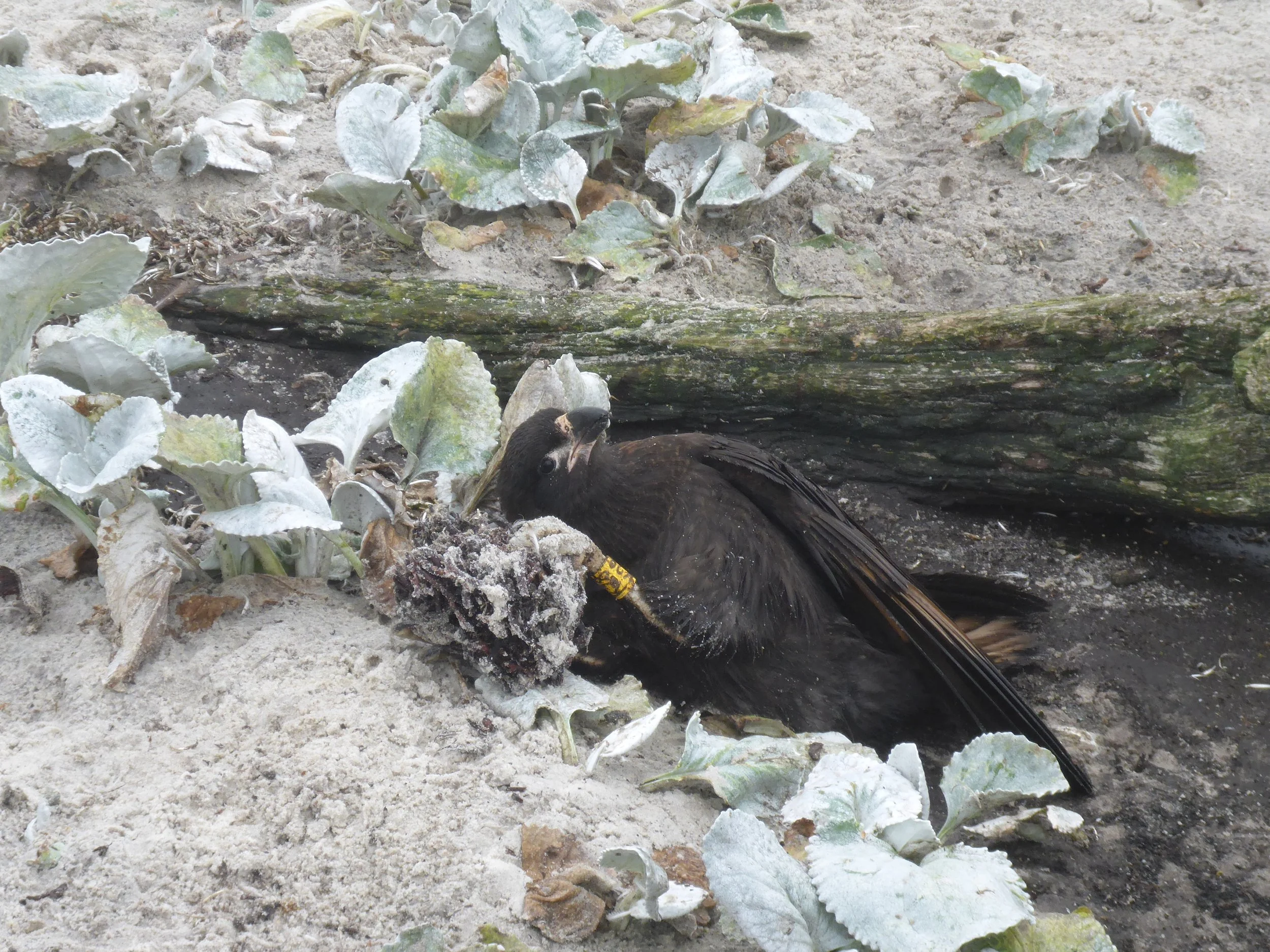These brainy birds are as capable as clever parrots.
Read the original research here: https://www.cell.com/current-biology/fulltext/S0960-9822(23)01462-8 Harrington, K.J., Folkertsma, R., Auersperg, A.M.I., Biondi, L., and Lambert, M.L. (2023) Innovative problem solving by wild falcons. Current Biology. 33 (24). 10.1016/j.cub.2023.10.061.
This film was created by The Falkland Islands Film Company thanks to a generous donation made by Barbara K. Beck in support of raising awareness for the conservation of these few-numbered and intelligent birds.
Watch striated caracaras solve unfamiliar puzzles as well as tool-using parrots.
These tasks were part of a study that measured striated caracaras' problem-solving abilities in comparison to intelligent parrots. The caracaras performed as well as the parrots, and even better on some tasks. See the "Puzzle-solving caracaras" video for more. Read the original research in Current Biology: https://www.cell.com/current-biology/fulltext/S0960-9822(23)01462-8
Credit: Katie Harrington, Music: "Curious" by Ivan Radko (SoundCloud).
Who’s studying who?
Striated caracaras have a relatively long “childhood” likely so they have time to learn all they need to know about how to succeed as an adult. Sound familiar? This might be the first human this few month old Johnny Rook has ever seen. Living on an island with no predators, these birds can afford to be curious.
Credit: Katie Harrington
Why fly, when you can run?
These long legged birds birds run uphill to explore something that’s caught their interest. Maybe “keeping a leg to the ground” is their best way of quickly finding out more about their world. Staying close to the action means they’re all the more ready to kick, grab, and probe new and potentially useful things.
Credit: Michelle Vincent
Even adults are curious.
What do Johnny Rooks say to each other when they closely inspect something? Turn up the volume to hear this adult pair vocalizing in one of their lesser heard ways: a soft chirp, as though it's a private conversation. You'll also hear the lovely thumps from a bite and kick to the camera. Toward the end, they thrash their heads, signalling to an approaching bird that this treasure is theirs.
Credit: Michelle Vincent
Do Johnny Rooks have fun?
This few month old Johnny Rook was rolling around and kicking a ball of dried kelp. Why? Perhaps for the same reasons that humans play: to experience pleasure. Research shows that birds have dopamine and opiate receptors in brain regions that are equivalent to "pleasure centers" in rodents and primates. Johnny Rooks often play with object —a behavior that’s been recorded for crows and parrots but rarely (if ever) for falcons.
Credit: Katie Harrington






